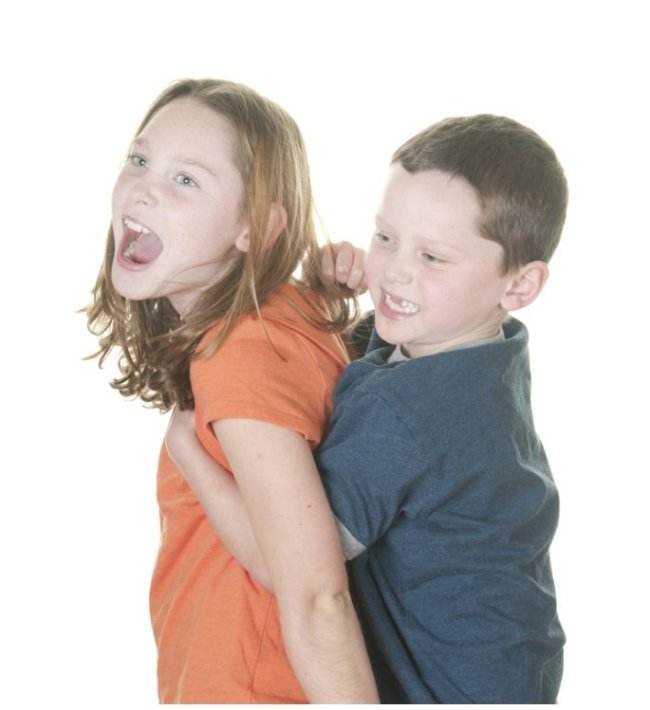Control Your Child’s Anger Issues with Anger Management Strategies
Your child needs to be able to express a variety of emotions beyond anger. As a parent you must remember that your child learns about himself/herself at the same time that he/she learns about the world around him/her. Although it is important that your child understands that anger is a natural, human emotion, it is also imperative that they learn about other emotions such as happiness, joy, love and sadness.
If you find that your child is angry, hostile, bitter and irritable most of the time, then your child may have an anger problem that requires anger management training. Anger management for children may include teaching them how to identify their triggers, process the situation and express their anger in a healthy, positive way.
The first step in anger management for children is to help your child understand what makes them angry. Getting support from a specialist child therapist can be useful as they will teach your child how to recognize when they are about to become angry so they can utilize anger management techniques to prevent it. Anger management training may consist of a variety of strategies that will help your child express himself/herself and control his/her anger.
The following suggestions can help your child effectively manage his/her anger management issues.
Help Your Child Focus
Anger management training may involve helping your child “calm down” and focus. Have your child take several deep breaths and count to 10. If your child continues to exhibit anger, then have your child take several more deep breaths and count to 100.
Provide an Outlet
Anger management in children may also consist of providing an outlet for the anger so that they can express themselves in a positive way. For instance, if you child complains that he/she does not understand his/her homework assignment do not get angry at your child, contact your child’s teacher and ask him/her if after-school tutoring is an option.
In addition, there are times when your child cannot express his/her emotions. This can cause your child to become angry, irritable and/or hostile. If you find you find that your child appears frustrated and irritable, give him/her a creative activity to do such as drawing a picture, choreographing a dance routine and/or composing a song. If your child has a lot of energy or a lot of pent-up frustration, enroll him/her in a sport.
Give Your Child a Hug
Sometimes all it takes to calm a child down is a hug from someone they love and/or care about. Although hugging may not seem like an effective anger management training technique, it actually is. When your child becomes angry, hostile or unruly, hug him/her, if possible. It is important to note that it is not advised to hug your child if he/she becomes overly aggressive or enraged. If you child is too angry to hug, it is best that you leave him/her alone until some of the anger has dissipated.
Allow Your Child to Express His Anger
Allowing your child to express his/her anger is an essential part of anger management training. Giving your child a chance to work off his/her anger can help him manage his anger issues. Help your child release his anger and express himself by participating in a pillow fight with him, encouraging him to hit a large pillow with a plastic bat and/or suggesting that you take a long walk or bike ride together.
Reward Your Child
Most anger management trainings involve rewarding your child for good behavior. It is important to reward your child with positive attention when he/she successfully manages his/her anger. Positive attention will encourage your child to continue to work on his/her anger issues. It will make both you and your child feel good to see the progress he/she is making.
Reassure Your Child
Anger management training typically involves reassuring your child that everything is going to be ok. Remind your child that you still love him/her regardless of his/her anger issues. It is important that you let your child know that your love for him/her is unconditional and that his/her behavior is not a reflection of him/her. Also reassure your child that you will work on his/her anger management issues together, as a family. Your child needs to know that you will always be there to listen and support him/her.
Follow the link if you are interested in reading more about child anger management
References:
About Kids Health. (2010). Anger management for young children. Retrieved from http://www.aboutkidshealth.ca/En/HealthAZ/FamilyandPeer Relations/AttachmentandEmotions/Pages/Angermanagement .aspx.
Niolon, R. (2010). Dealing with anger and children. Psych Page. Retrieved from http://www.psychpage.com/family/angry.html.
- Posted in: Uncategorized



1 Comment
Trackbacks